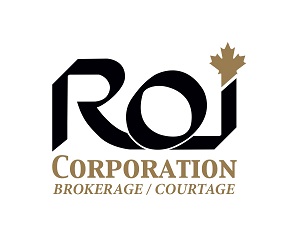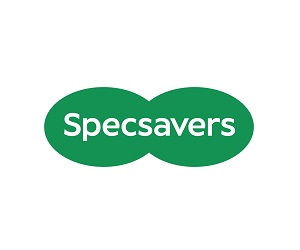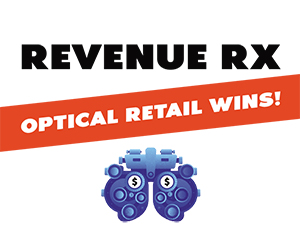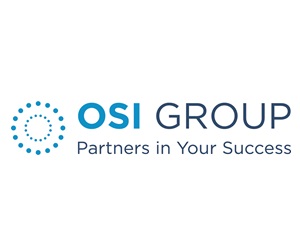
With all the recent talk about potential changes to capital gains taxation, now is an excellent time to revisit strategies for maximizing your after-tax income. Here’s a breakdown of the 4 D’s: Defer, Deduct, Differentiate, and Divide. These strategies can help you manage your tax bill today and in the future.
-
Defer: Shift Taxes to Future Years
Deferring tax is a smart move, especially if you’re currently in a high tax bracket. The idea is to reduce your current tax burden by shifting it to future years when you expect to be in a lower tax bracket. A few examples are:
- RRSPs: The most common tool for tax deferral is the Registered Retirement Savings Plan (RRSP). Contributions are tax-deductible today. The growth and contributions are tax-deferred until you withdraw the funds in retirement.
- Capital Gains: Managing the timing of an asset sale to defer capital gains tax can also be beneficial. This is especially true given the proposed changes to the capital gains inclusion rate that bumps up the 50% inclusion to 66.7% for personal gains over $250,000 in a given tax year.
- Corporate Accounts: For business owners, leaving funds in your corporate account can delay personal taxation. Keep in mind, this strategy may also come with some negative implications to your overall corporate tax bill. Balance is key here. Speaking of which, is it time to consider full deferral of investment growth tax through the use of permanent life insurance?
-
Deduct: Maximize Your Tax Credits and Deductions
Everyone likes to pay less tax, and one of the simplest ways to achieve this is by ensuring you’re taking full advantage of all available tax credits and deductions. A couple of common credits that are often missed include:
- Charitable Donations: Instead of small donations at the cash register, make larger donations directly to registered Canadian charities to get a tax receipt.
- Medical Expenses: These can be claimed for any 12-month consecutive period. Sometimes it’s more advantageous to run calculations outside of the calendar year, like May 1 to April 30.
-
Differentiate: Understand Tax Rules for Different Types of Income
Different types of income are subject to varying taxation rules. This differentiation is particularly valuable when managing investment income, especially for non-registered accounts. Another differentiation point worth exploring is the age old question of:
- Salary vs. Dividends: Business owners can choose between salary and dividends, or a blend of both. Even though recent tax changes have led to near-perfect tax integration, those who opt for a salary will need to make CPP contributions, which entitle them to CPP disability, death and retirement benefits. Understanding what is important to you and your current situation keeps this a very individualized discussion.
-
Divide: Income Splitting
While opportunities for income splitting have been reduced in recent years, some options remain.
- Spousal RRSP: Contributing to a Spousal RRSP can help divide income more evenly between spouses when it comes to early retirement.
- Non-Arm’s Length Employees: Business owners can still hire family members to help spread the household taxable income, as long as the salary paid to family members is reasonable.
- Family Shareholders: In certain cases, naming family members as shareholders can be beneficial. Typically I recommend a different class of shares per family member so dividends can be distributed as needed. This can also be beneficial when it comes to selling your business as all shareholders may be entitled to the Lifetime Capital Gains Exemption.
A Holistic Approach to Tax Management
Reviewing various tax strategies that apply to you is just one part of our holistic financial planning approach. Working together as a team with other key advisors, including accountants and lawyers, ensures that no stone is left unturned.
If you’re curious about how these strategies might benefit you, don’t hesitate to ask. Effective tax management is not just about today; it’s about planning for a secure financial future. Reach out to us to learn more about how we can help you navigate the complexities of the tax system by calling (780-261-3098) or email (Roxanne@C3wealthadvisors.ca) to set up your next conversation with us.
Roxanne Arnal is a former Optometrist, Professional Corporation President, and practice owner. Today she is on a mission to Empower You & Your Wealth with Clarity, Confidence & Control.
These articles are for information purposes only and are not a replacement for personal financial planning. Everyone’s circumstances and needs are different. Errors and Omissions exempt.

ROXANNE ARNAL,
Optometrist and Certified Financial Planner
Roxanne Arnal graduated from UW School of Optometry in 1995 and is a past-president of the Alberta Association of Optometrists (AAO) and the Canadian Association of Optometry Students (CAOS). She subsequently built a thriving optometric practice in rural Alberta.
Roxanne took the decision in 2012 to leave optometry and become a financial planning professional. She now focuses on providing services to Optometrists with a plan to parlay her unique expertise to help optometric practices and their families across the country meet their goals through astute financial planning and decision making.
Roxanne splits EWO podcast hosting duties with Dr. Glen Chiasson.




















